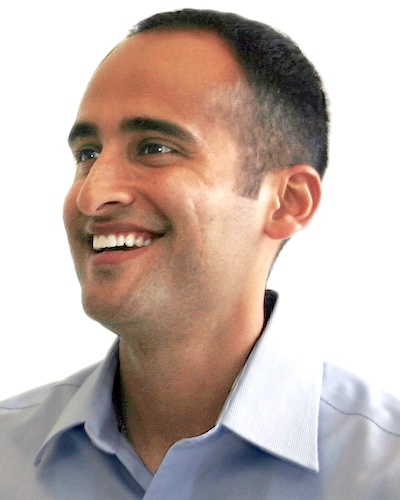First Session

November 1, 2012
by Ricky
So, I am currently doing my Pediatric rotation (immersion). Yesterday, I had my first shot at conducting an intervention session. To this point, I had been mostly observing. I have had opportunities to interact with the children, but now, the pressure was on to apply the stuff I have been learning and make the interaction purposeful. My fieldwork educator (FE) had asked that I prepare an intervention plan for a particular child — that had been a few weeks ago. I was actually supposed to do the session last week, but I got sick (honestly, I wasn’t stalling . . . didn’t want to get the little man sick). Anyhow, my session was pretty well-planned, but MAN! It turned out to be a lot more difficult than I expected. I mean, I can interact and play with kids like nothing, but making the interaction therapeutic is really tough. Plus, I have volunteered/worked at a pediatric therapy clinic that operates quite similarly to this place. So, it was a little frustrating when things weren’t flowing as I had hoped. It also didn’t help that the kid’s mom, my FE, and the new OT were all observing me. Needless to mention, things got off to a rocky start and there was a lot of awkward silence. I tried to remind myself that our therapeutic relationship was still new and developing. I tried to let loose and focus more on connecting with the little guy — establish and maintain joint-attention. Things progressed slowly, but they progressed, nonetheless. My therapy plan didn’t completely go out the window, but I definitely made adjustments. Towards the end, things seemed better, and the last 10 minutes or so went by a lot faster. When we were all done, I told my little client, “we survived!” We both took a deep sigh of relief and gave each other a high-five. Haha, he was a good sport. My FE was great at providing feedback and reassured that each session would get easier. I feel like I need tons more experience, but I now there’s light at the end of the proverbial tunnel here. I’m pretty stoked that things started to become more natural later in the session, because I am actually trying to work with kids, upon graduation. This was a relief. Overall, it was a great experience: it was hard and awkward, but I was not defeated. I’m not dreading the next one. I’ll let ya’ll know how it goes in 2 weeks when I try my plan again. Also, I think I need to learn how to sing . . .
⋯
Next by tag Fieldwork ⟩ What are OS/OT? ⟩
⋯
1. .(JavaScript must be enabled to view this email address) | November 16, 2012
Initial intervention is hard as therapeutic intervention is often challenging even for experienced OTRs. As long as you have a background rational (why you do this, your intervention improves what area in kids?, how short term goal and long term goal meet their needs and demands etc).
Ricky you will be doing great soon. Physical guidance is developed only through practicing but reasoning is way more important and once you become OTR, it is harder and harder to ask somebody. While you are a student, you can learn how to reason your intervention freely and dont waste that opportunities. Ask as many questions as you can, however ridiculous they would be (I asked so many stupid questions while I was a student and I still do coz I have become a student, hahaha)
Good luck brother and hope you will get sickness no more.
2. .(JavaScript must be enabled to view this email address) | November 30, 2012
Thanks Toshi. I agree. Asking questions is super important. I have been asking quite a few, but I still think I could ask more. Since this session, have worked with this child several more times, and it has definately become more easy. I really appreciate your comment and encouragement.





